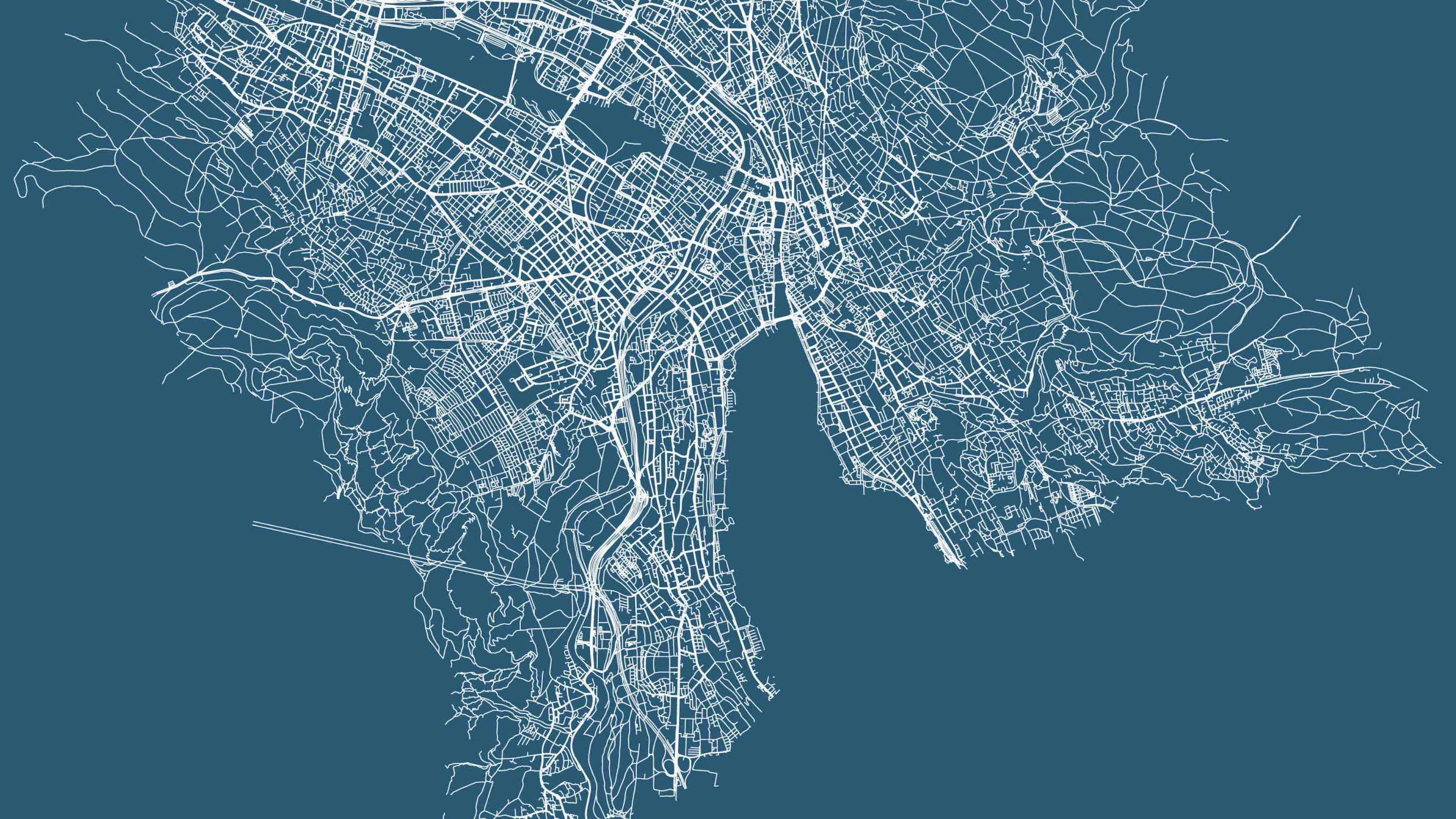Systemic view on the strategic interactions of future mobility offers

Mobility is typically self-optimized for a particular region (e.g., urban areas, agglomerations, rural areas) to accommodate internal travel needs. However, as soon as one considers multiple, interacting regions (e.g., urban areas interacting with agglomerations, and agglomerations interacting with rural areas), important coordination issues occur, including scheduling mismatches, fleet allocations, and congestion peaks. In short, a mobility system composed of self-optimized mobility systems seems to often operate suboptimally.
In this project, we will investigate the idea of strategic interactions of future mobility stakeholders across heterogeneous regions, such as urban areas, agglomerations, and rural areas, leveraging techniques from network design, optimization, game theory, and policy making.
Specifically, we will first provide a mathematical formulation of the problem, describing the interaction patterns between different stakeholders (mobility providers, municipalities, travelers, policy makers, investors, etc.), and characterizing their interests and constraints. We will then define solution concepts, leveraging (various) notions of system equilibria, and provide theoretical and algorithmic tools to solve the presented problems. The machinery will be implemented by extending existing simulation tools, and real world case studies will be targeted to future Swiss scenarios, designed by experts.
Head of Inst. Dynamic Systems and Control / Head of Center for Sustainable Future Mobility
Dyn. Systeme u. Regelungstechnik
Sonneggstrasse 3
8092
Zürich
Switzerland

Partners
- AMAG Group AG
- SBB AG
- Siemens Mobility Ltd.
Roadmap
01.2023 - 12.2025 (36 months)